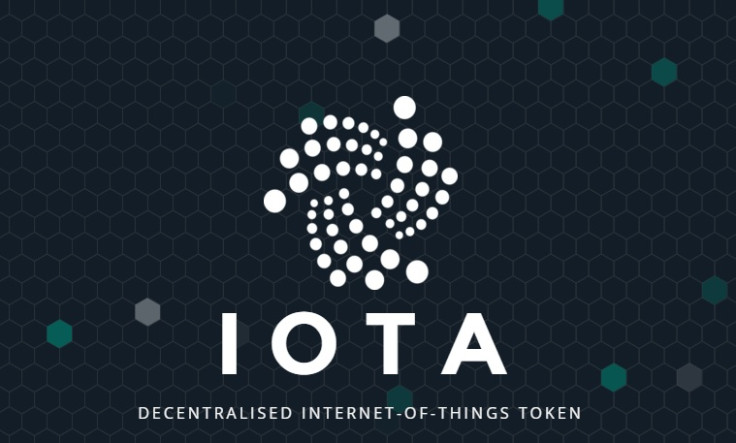IOTA Foundation partners with Imperial College London to drive Tangle DLT
Imperial will help build IOTA protocol enhancements, PoCs and data visualisation of the IOTA 'Tangle'.

The IOTA Foundation is collaborating with Imperial's Centre for Cryptocurrency Research and Engineering (IC3RE) as part of Outlier Venture's ongoing three-year strategic research and development programme with the university.
IOTA is the IoT-distributed ledge innovation famous for its innovative 'Tangle' architecture. Unlike traditional blockchains, transactions occurring across the Tanglenetwork are not sequential and are not based on 'blocks'. This is key to IOTA's ability to scale dramatically using its innovative Distributed Acyclic Graph technology to handle thousands of transactions per second, dwarfing the scalability of both the Bitcoin and Ethereum blockchains.
Imperial will work with the IOTA Foundation in two key ways: on IOTA protocol and data visualisation and analysis.
The Imperial team of students and leading professors will work with the IOTA Foundation to conceptualise and build new proof of concepts on top of the IOTA protocol. Work will be undertaken in areas such as mobility, infrastructure and Internet of Things innovation.
In addition, teams from Imperial will focus on visualising transactions occurring across the IOTA Tangle, the non-linear, distributed ledger architecture. The team will focus on visualising the IOTA 'Mainnet', which is in live operation today as well as visualising a range of planned stress-tests focused on running thousands of transactions per second across the IOTA network, said a statement.
Dr Catherine Mulligan, Co-Director for Cryptocurrency Research and Engineering at Imperial, said: "The IOTA protocol is an extremely exciting new approach to distributed ledger technology that promises huge scalability and economic improvements over traditional blockchains. Imperial is home to some of the brightest young minds in cryptocurrency that will relish the opportunity to help build IOTA's capabilities further."
William Knottenbelt, Professor of Applied Quantitative Analysis at Imperial College, said: "Our students want to be working with the very latest Open Source technology to hone their skills and contribute to projects that have the potential to change the world. I'm already receiving requests to begin investigating IOTA."
David Sønstebø, co-founder at the IOTA Foundation commented: "We are committed to driving advanced research and real-world application for IOTA. A partnership of this calibre brings a wealth of distributed ledger experience and intellectual capital to IOTA. We are excited to move the Tangle visualisation forward which will offer the world a real-time view into the growth of the IOTA Tangle as we see continued transaction growth."
The Imperial partnership compliments the IOTA Foundation's rapidly growing network of academic partners, which also includes UC Berkeley, UCL and NTNU, the leading engineering-focused university in Norway.
Jamie Burke, CEO at Outlier Ventures, added: "Our three-year strategic research and development agreement with Imperial is part of our quest to deliver value far beyond simple financial investments in our venture companies. By providing access to Imperial College's significant DLT talent we're delivering on our promise to drive real-world adoption for our venture portfolio and the revolutionary technology they've built."
Earlier this week SatoshiPay announced its intention to switch from Bitcoin to IOTA in order to handle scalable micropayments.
© Copyright IBTimes 2025. All rights reserved.






















